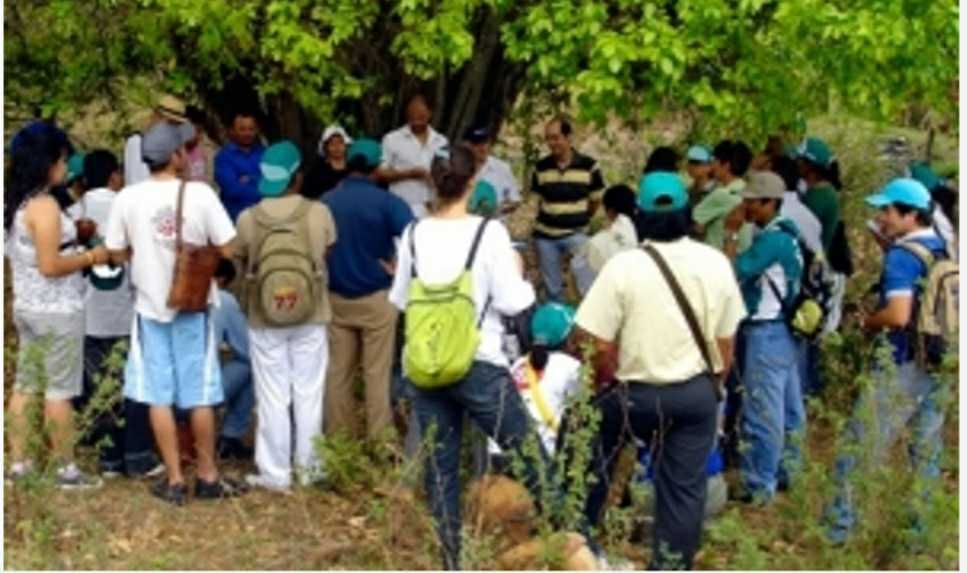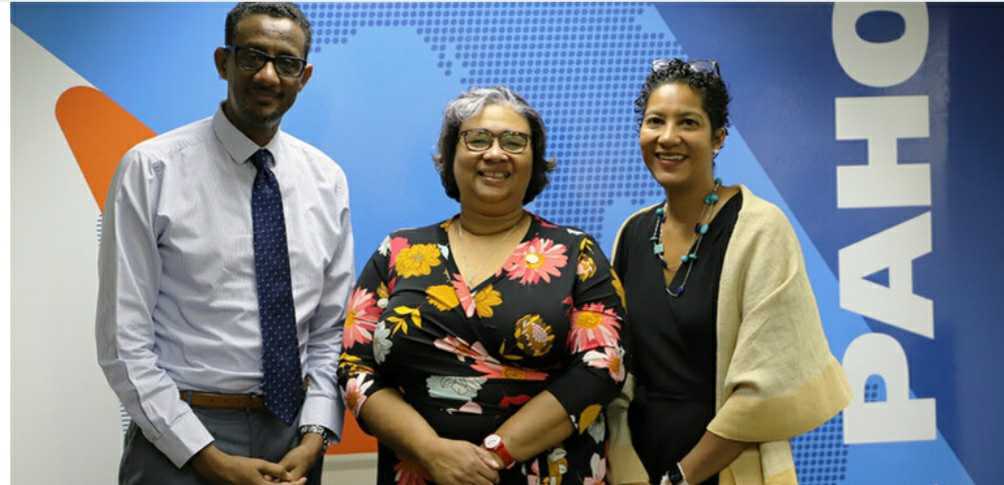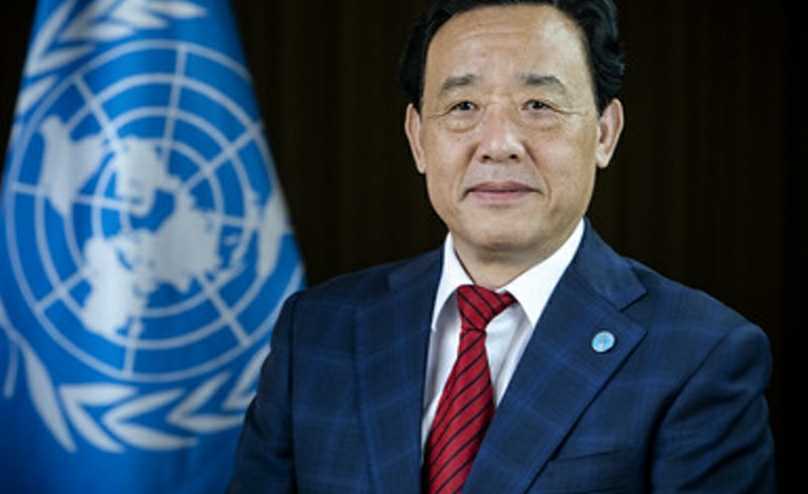
October 14, 2020, Santiago de Chile – Representatives and leaders of multiple organizations from Latin America and the Caribbean’s civil society participated in a consultation prior to the Regional Conference of the Food and Agriculture Organization of the United Nations (FAO), which will take place from 19 to 21st of October.
During the consultation, they reviewed the main documents of the Conference –which sets FAO’s priorities for the coming years– and gathered their comments and viewpoints in a statement that will be available for consultation once the Conference begins.
Faustino Torres from the Confederation of Family Producers Organizations of the Expanded Mercosur, COPROFAM, said that: “The importance of this consultation is fundamental, because the social movement must make contributions to the historical moment that we are going through”
“At the Conference our partners, such as the civil society, contribute their proposals on FAO’s priorities, so that member countries consider them when setting FAO’s priorities. We want to thank the civil society, without which we cannot advance towards the transformation of food systems, prosperous and inclusive rural societies, nor a sustainable agriculture that is resilient to climate change”, said the FAO Regional Representative, Julio Berdegué.
“The pandemic has paralyzed our economies. Therefore, international assistance and support must be available, as many countries have borrowed and increased their debt just to keep their economies afloat,” said Errington Thompson of the Caribbean Agricultural Alliance (AACARI) during FAO’s consultation with civil society.
Civil society statement
The civil society declaration –which will be available once the FAO Conference begins– calls for the inclusion of civil society organizations and social movements in the decision-making process regarding the measures to combat the effects of the pandemic.
It also highlights the need to include rural inhabitants, farmers, people dedicated to fisheries and forestry so that they have access to government support measures, food aid, health benefits and economic support programs.
Crisologo Cáseres, of Consumers International said that, “The food systems of the region are conducive to obesity. A good part of those who have had serious consequences due to COVID were obese or overweight. The food system must be reformed urgently.”
The declaration also points out the need to define concrete actions and adequate budgets to implement the Declaration of the Rights of Peasants and Farmers, the United Nations Decade for Family Farming and the Sustainable Development Goals of the 2030 Agenda.
Alberto Broch, from the Confederation of Organizations of Family Producers of the Expanded MERCOSUR (Southern Common Market), pointed out that: “The rights of small farmers must be guaranteed, family faming should be present in all of FAO’s actions. Their access to resources is fundamental to advance towards rural development”.
The civil society declaration also calls for economic support for indigenous and peasant communities, giving greater visibility to their productive initiatives and those related to the conservation of biodiversity and the preservation of traditional knowledge.
The members of the civil society also indicated the need to strengthen international development cooperation processes, as well as the role of United Nations agencies.
The civil society declaration also calls for the construction of joint and effective strategies to face climate change, aligned with measures and instruments to safeguard the environment.






